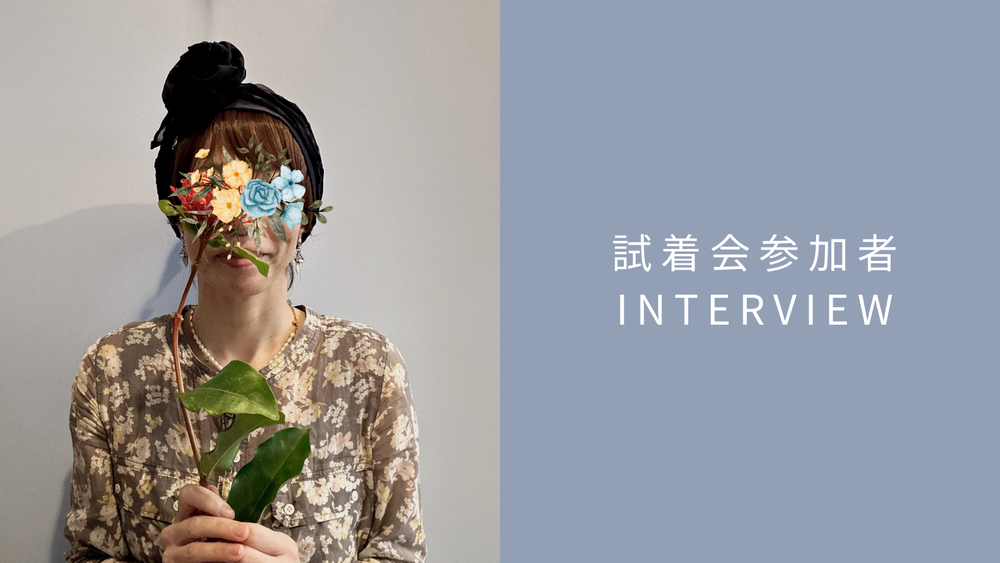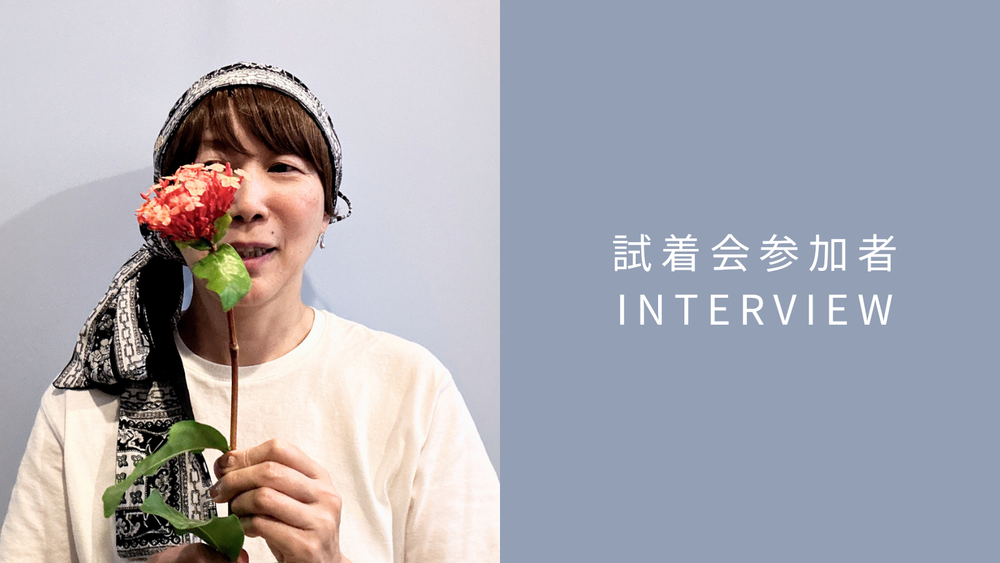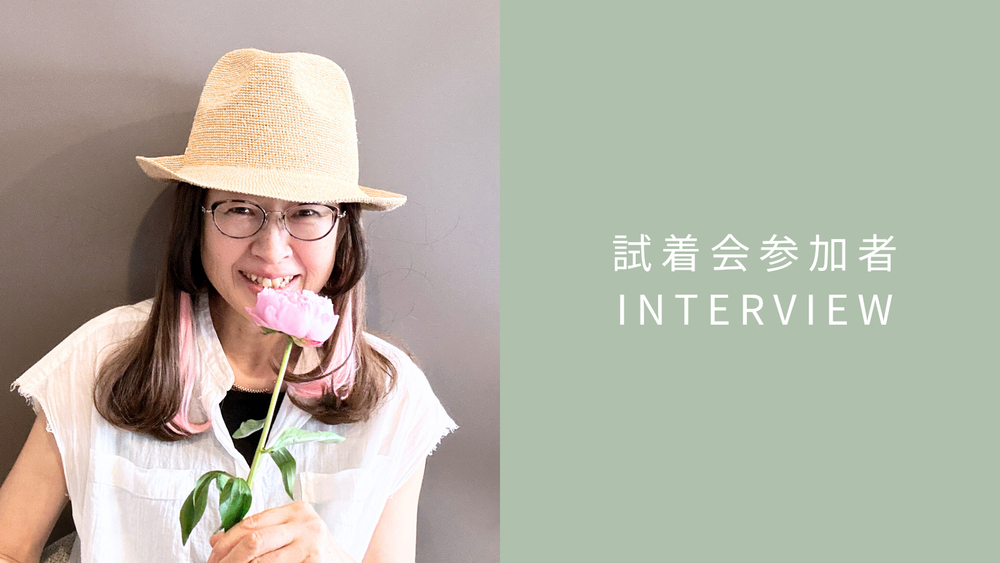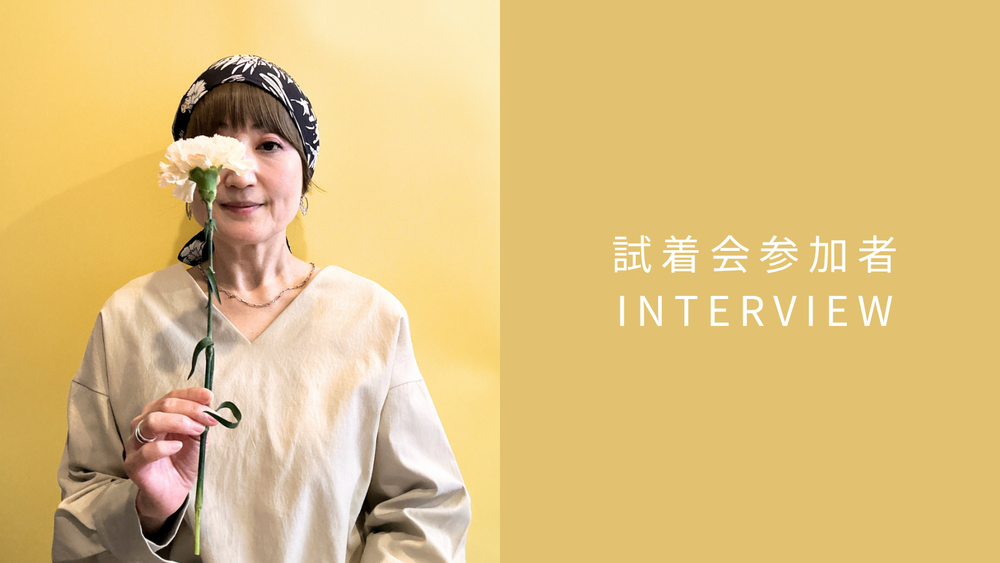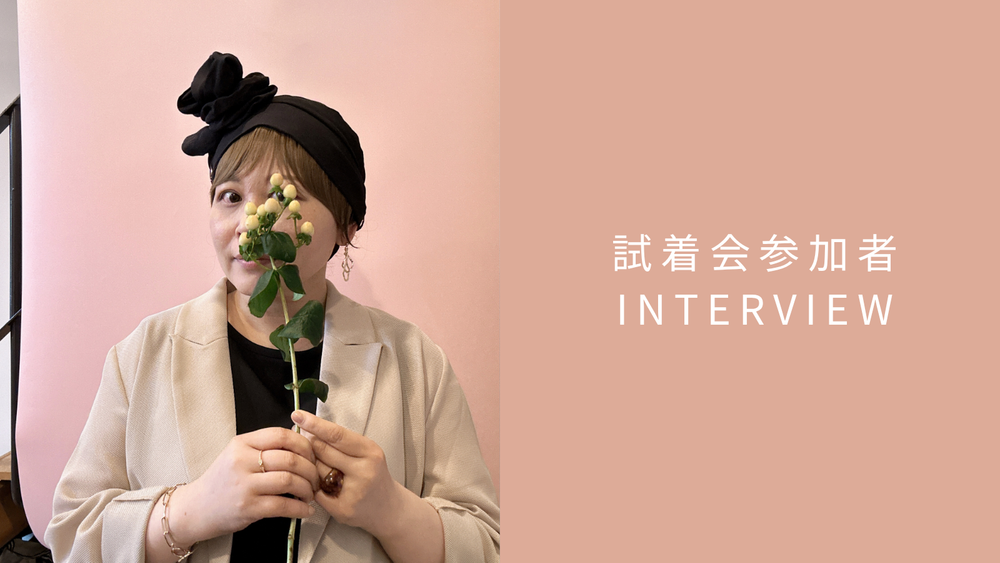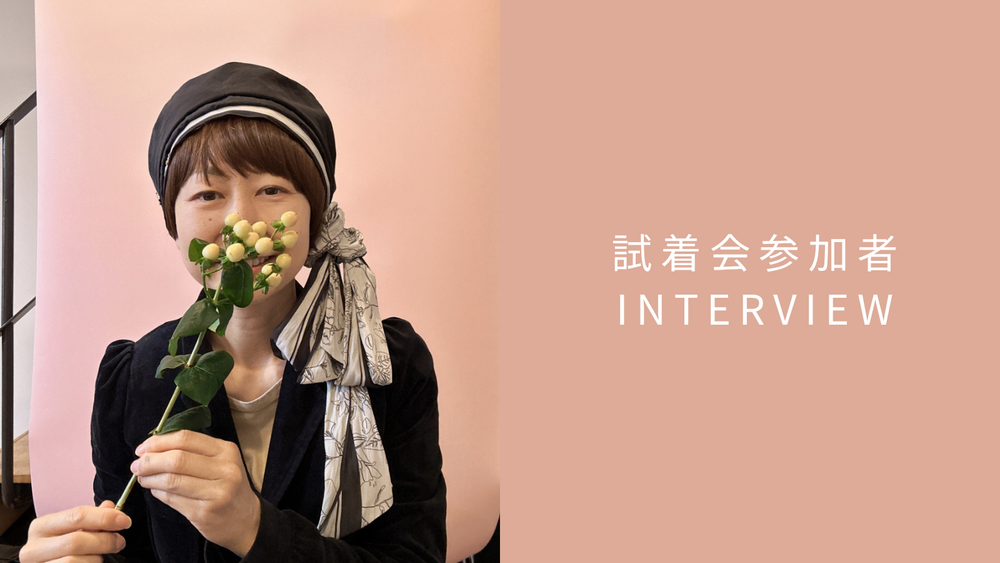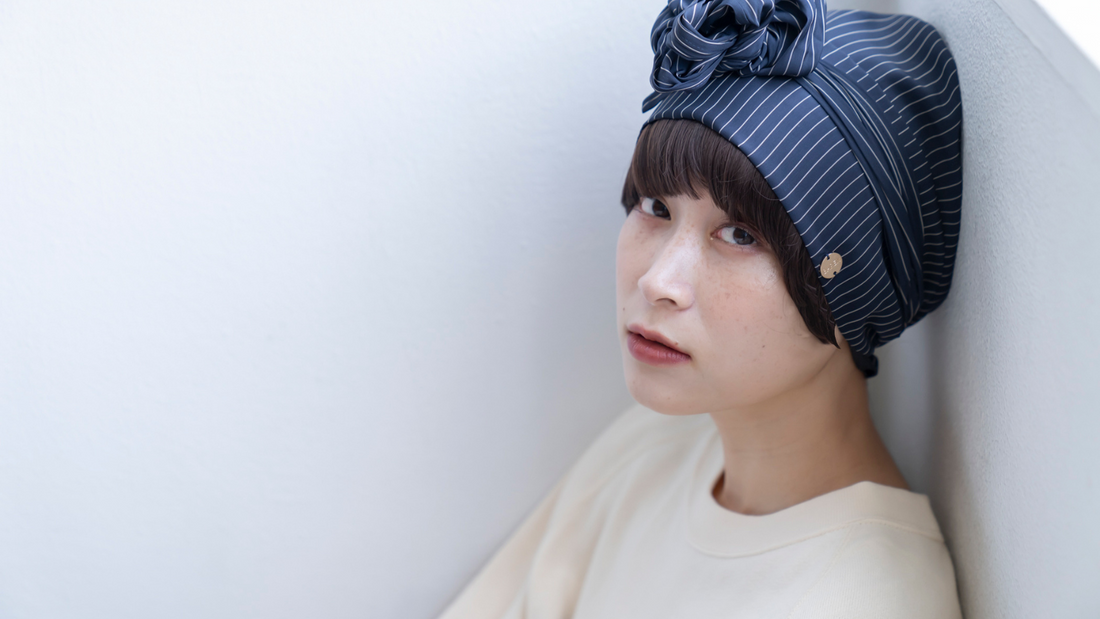
Hello, this is Mayumi from BAREN.
There are times when I feel emotionally overwhelmed from being diagnosed with cancer to starting treatment, but I thought it would be better to be as prepared as possible.
I have compiled a list of things I wish I had done in preparation for my chemotherapy and what I researched.
>>Click here to read about "What happens with hair loss caused by chemotherapy."
Good things to do
Haircut
1) It looks like a lot of hair has fallen out. 2) The fallen hair and the remaining hair get tangled while you sleep and become impossible to remove (I ended up with a huge hairball so I cut it off at the root).
However, be careful not to cut your hair too short, for example with clippers, as the loose hair may get caught in clothing or hats, making it itchy and difficult to handle.
In my case, I cut it to this size:
Before that I had long hair, so it was quite refreshing.

Oral Care
The oral mucosa is made up of cells with a fast metabolism, which makes it susceptible to the effects of anticancer drugs, and can cause various problems such as stomatitis and taste disorders.
If there is time before treatment begins, it is best to have your teeth cleaned at a dentist, but if not, you should take care of your teeth yourself by brushing and flossing properly.
skin care
During treatment, the secretion of sebum and sweat decreases, making the skin more prone to dryness.
Daily skin care is an effective preventative measure that can help prevent the onset of the disease and keep it from becoming severe.
① Keep your skin clean
Choose a mild, slightly acidic cleanser. Hot water dries out the skin, so rinse with lukewarm water (below 40 degrees). Wash with a soft towel or gauze, and when wiping off moisture, press against the skin without rubbing to absorb the moisture.
② Moisturizing the skin
Use a moisturizer that is mild and slightly acidic. Place the moisturizer in several places on the area you want to apply it to, and spread it by pressing it with the palm of your hand without rubbing.
3) Countermeasures against external stimuli
Avoid exposing your skin to the sun by using hats, parasols, and long-sleeved jackets to prevent sunburn.
Choose a non-chemical sunscreen (free of UV absorbers) that is gentle on the skin. Avoid clothing made from chemical fibers and choose cotton instead.
It is best to avoid makeup if it makes you feel uncomfortable, but if you absolutely must wear it, use a mild product for sensitive skin. When removing makeup, use a lotion or gel type, and avoid oil types.
Health Management
It is important to keep your health in order before anti-cancer drug treatment. Make sure to get enough sleep, do moderate exercise (walking, light stretching, etc.), improve your diet to prevent constipation, and avoid drinking alcohol and smoking to keep your health in check.
Also, to prevent infection, be sure to wash your hands, gargle, and brush your teeth thoroughly.
Adjustments to daily life
It is also important to ask for help from people around you as much as possible.
If you are employed, discuss the situation with your workplace and make adjustments to the timing of your treatment, your work content, working hours, etc.
If you have children, you can divide up the responsibilities within the family, or if there is no one to talk to, you can consult with a cancer consultation support center.
If you live alone, try talking to someone you can rely on about the support you need.
Confirmation of transportation to the hospital and request for pick-up and drop-off
Depending on the type of chemotherapy and medication prescribed, you may not be able to drive a car, so it is a good idea to check about public transportation to the hospital and speak to someone who can support you.
Things you should know
Shampooing and scalp care during treatment
In order to minimize damage to your hair and scalp, it is important to know how to choose hair care products and how to care for your hair during treatment. For more information, click here
How to apply makeup while hair removal
During treatment, not only will your hair fall out, but your eyebrows and eyelashes may also fall out. It is a good idea to gather information in advance about how to apply makeup.
Things to prepare
- Medical care hats and wigs
- Indoor/sleeping hats
- Disposable non-woven hair caps (to catch any loose hair)
- Mild shampoos and treatments, soft brushes
- Mask (for nose hair removal)
- Fashion glasses (for eyelash removal)
You may feel anxious and impatient from the time you are diagnosed with cancer until treatment begins. Please ask for help from family, friends, and other people around you, and be prepared before starting treatment.



